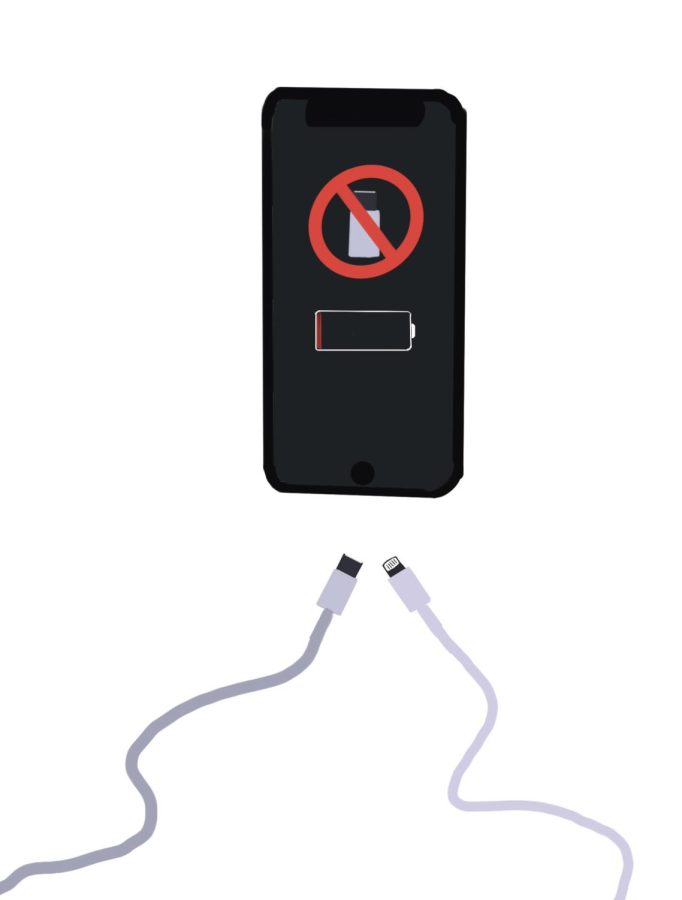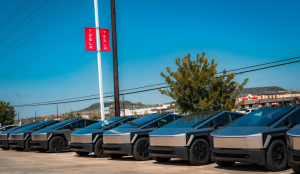Charging cable controversy
April 11, 2023
On Sept. 12, 2012, Apple introduced the lightning cable as their new standard for mobile device charging. For the past decade, the lightning cable has been in use for most iPhone and iPad devices. For years Apple has been known for having special charging cables and adapters made specifically for their range of products, but the European Union (EU) is seemingly putting a stop to that.
In October 2022, the EU passed new legislation requiring all mobile devices to use a USB-C cable. The law was introduced to aid in combating the growing e-waste issue as well as attacking companies who purposefully slow charging. According to Statista, approximately 50 million tons of e-waste is produced globally each year.
While most mobile device manufacturers have begun using USB-C as their standard cable, this is seemingly a direct blow to Apple. The tech company has become known for having charging methods unique to its products. These include mag-safe, lightning and Thunderbolt — which is a USB-C clone used for various MacBook products.
While it seems like this law would force Apple to finally conform to industry standards, they have tried to wiggle around the law and do things their own way. For years Apple has used the company Foxconn to produce and add encryption to their charging cables. Apple has data installed into their chargers to give a made-for-iPhone or iPad (MFi) certification. Chargers that have the MFi certification — which are typically just Apple’s OEM products — have the full range of charging speeds and data transfer that come with the equipment being used. But, products without those certifications are then slowed down when being used with Apple products due to the lack of MFi software, a blatant anti-competitive and anti-user tactic by the tech giant. If you need a new charger, you have to spend upwards of $40 to receive full speeds, rather than spending around half of that for a charging brick and cable of the “same” speed.
Luckily, the law requires tech companies to use the same standard speeds for fast-charging devices using USB-C, somewhat damaging Apple’s plans for MFi in nations within the EU. Though, nothing in the law mentions data transfer speeds, which could allow Apple to use MFi to slow down data speeds on chargers sold by other companies so they can present their own more expensive chargers as the best choice.
Apple has become known for repeatedly engaging in anti-competitive and anti-user tactics to increase its profit margins. These moves by Apple include disabling Touch ID on replaced home buttons, slowing down older iPhones prior to the release of new models and highly regulatory app store policies. Apple has shown its blatant disregard for consumers through its attempts to overcharge users and abuse users as well as its attempt to corner its market with exclusive and restrictive products. If Apple keeps up its current business model, they can expect another anti-trust investigation by the U.S. or the EU.











J • Apr 13, 2023 at 12:37 pm
I read your article with interest. When the EU released their “common charging” law last October, I immediately tried to consider the ramifications for the U.S. market. I realized that Apple would not willingly relinquish their market control by changing the charger from their proprietary one to a common one. After reading your article, I feel a bit more enlightened. I have seen adapters (USB-C to lightning). Do you think that this is an attempt to hold on to the market while seguing into a possible new phase of technological innovation? Do you think that these adapters will be here to stay?